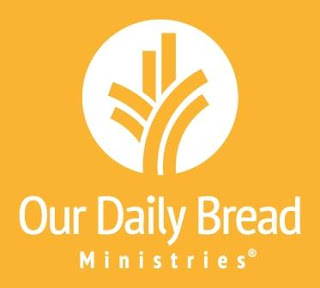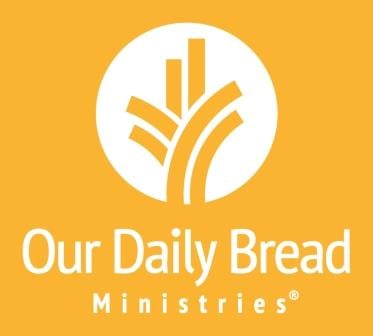Topic: Fault Lines [Our Daily Bread 11 Sunday February, 2018]
Read: Acts 6:1–7, Bible in a Year: Leviticus 11–12; Matthew 26:1–25
They presented these men to the apostles, who prayed and laid their hands on them. So the word of God spread. Acts 6:6–7
An influx of refugees to our community has led to new growth in area churches. That growth brings challenges. Church members must learn how to welcome these newcomers as they adjust to a strange culture, new language, and different worship styles. All this change can create some awkward situations.
Misunderstandings and disagreements occur everywhere we find people. Church is no exception. If we don’t handle our differences in a healthy way, they can harden into divisions.
The early church in Jerusalem was growing when a dispute arose that broke along a cultural fault line. The Greek-speaking Jews (the Hellenists) had a complaint against those Jews who spoke Aramaic. The Hellenist widows “were being overlooked in the daily distribution of food” (Acts 6:1). So the apostles said, “Choose seven men from among you who are known to be full of the Spirit and wisdom” (v. 3). The seven chosen all had Greek names (v. 5). In other words, they were Hellenists, members of the group being neglected. They best understood the problem. The apostles prayed over them and the church thrived (vv. 6–7).
Growth brings challenges, in part because it increases interactions across traditional barriers. But as we seek the Holy Spirit’s guidance, we’ll find creative solutions as potential problems turn into opportunities for more growth.
Prayer: Father, help us to recognize the barriers that keep us from living in the unity You desire for Your church.
Coming together is a beginning; keeping together is progress; working together is success.
Insight
Spirit-filled people are needed when dealing with issues in the church. It was Spirit-filled men who got the call when a challenge arose within the new community of believers in Acts 6. When we think of the “filling of the Spirit” we may think of empowerment to speak about Christ or some other gospel-related witness. Yet the primary characteristic of those who were tasked with resolving the conflict surrounding the distribution of food was “to be full of the Spirit and wisdom” (v. 3). This situation called for those whose lives displayed the fruit of the Spirit: “love, joy, peace, forbearance, kindness, goodness, faithfulness, gentleness and self-control” (Galatians 5:22–23). Being Spirit-filled means being under the Spirit’s control. The Spirit helps us navigate situations that can get out of hand and be costly in terms of time and energy.
How can you help resolve problems that could impede the progress of the gospel? Arthur Jackson
This message was written By Tim Gustafson [Our Daily Bread Ministries.]


